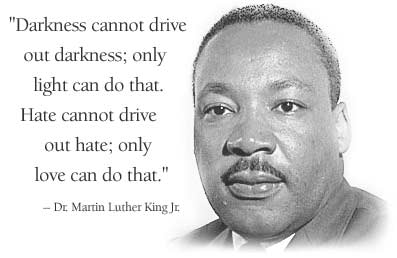For his doctoral dissertation, Scott Sherman researched the question: “what strategies correlate with success when people try to change the world?”
In his community organization days, Scott had seen some citizen groups giving up in frustration, feeling powerless, burned out, overwhelmed and exhausted. But not everyone. At least some ordinary citizens, seemingly up against insurmountable odds, with enemies on all sides, won their causes.

For his doctoral dissertation he chose 60 case studies of diverse organizations across a variety of causes. He analyzed 120 factors to see if he could identify what brought success and what didn’t. The results weren’t at all what he expected. He found that many of the strategies he had used as a community organizer and lawyer actually weren’t that effective.
For example, he found that going to court and using legal solutions, was highly likely to fail. Citizens often don’t have the money for high-priced lawyers, plus the court system is adversarial. It tends to divide people and make enemies.

Searching for political or legislative solutions also wasn’t all that successful. Citizen groups often lagged in money, influence and connections.
How about science, coming up with facts? Corporations and governments would often show up with high priced consultants that citizen groups couldn’t match. It was hard for ordinary citizens to win. Plus just trying to convince others of the logic of your position often came across as adversarial. It didn’t tend to bring people together.
Some groups resorted to more adversarial strategies, targeting individuals, attacking, or humiliating the other side. His research showed that this, too, wasn’t successful. Any strategies that created an “us” vs. “them” atmosphere decreased trust, hardened positions, created enemies and fostered polarization. If one side won, the win tended to be temporary, as the other side came looking for pay back.

Scott Sherman was able to identify three principles that were common to most winning strategies.
Exposing injustice
People need to realize that change is needed. Individuals can bring illegal or unethical acts into the light. The Occupy Movement made economic inequality a topic of serious discourse. Marches and sit-ins of the civil rights era made the oppression that was everyday life for many painfully clear. The problem is that merely exposing issues is not the same as bringing about substantive change.
Social Aikido
Scott called his second principle Social Aikido, because Aikido is the martial art where you don’t try to over-power an opponent or even think of them as an enemy. Rather you take their force and momentum and blend with it, using their power rather than fighting against it, and tip them using their own momentum. If done with understanding, it often requires surprisingly little energy.
Gandhi, Martin Luther King, and Nelson Mandela are but a few of the leaders whose work embodied this principle.
Building Alternatives
The third principle identified in Scott’s research is working together to build alternatives. For instance, creating small pilot projects to see what works, weeding out the chaff and scaling up the rest. Working towards a positive vision of a better future is the key rather than moving away from what is not wanted.
Related Link
How We Win: The Science of Solving Society’s Problems by Scott Sherman